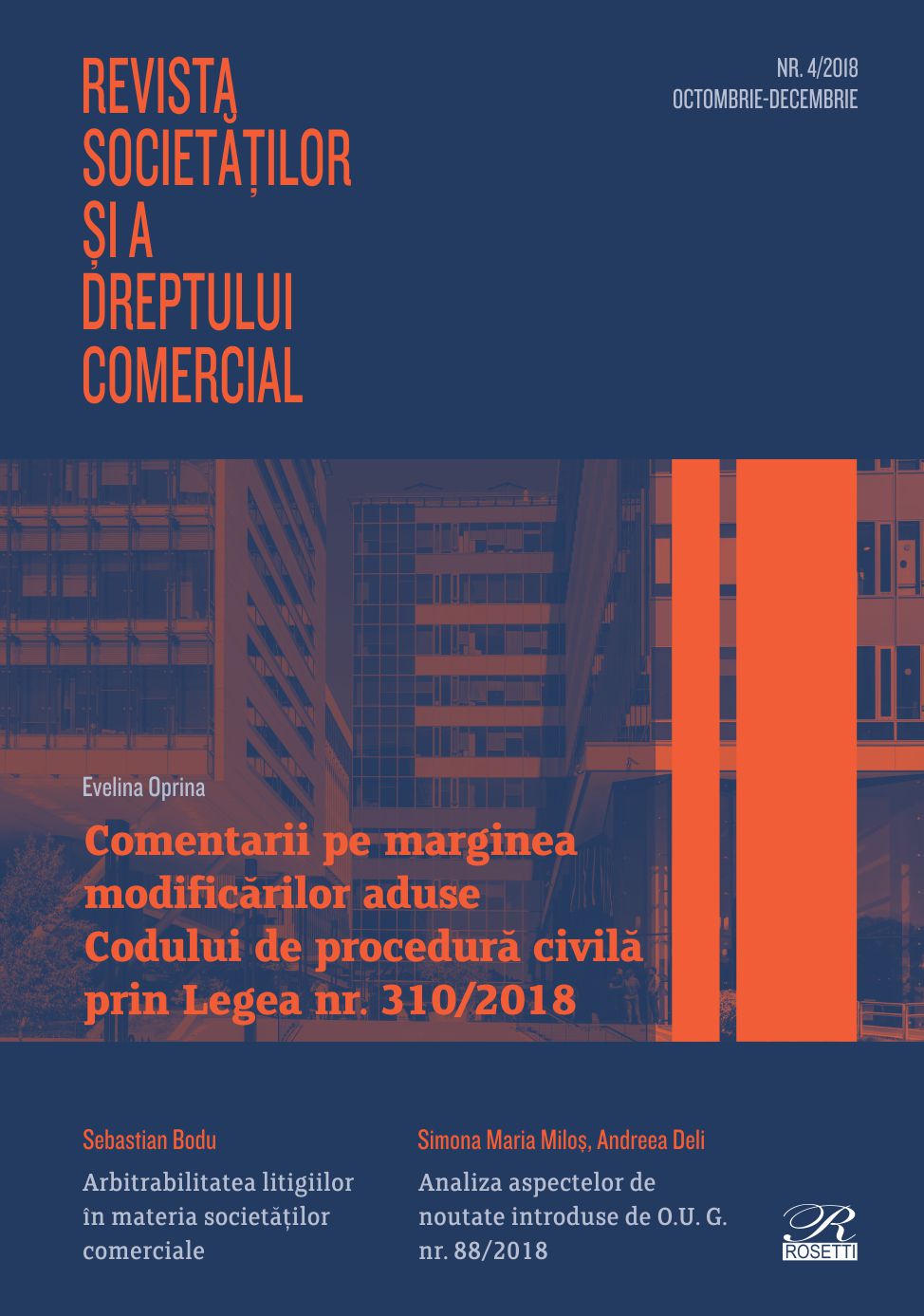Aplicarea noţiunilor B.E.P.S. Erodarea bazei de impunere şi transferul profiturilor
Applying the BEPS notions (Base Erosion Profit Shifting)
Author(s): Bogdan StoicescuSubject(s): Law, Constitution, Jurisprudence, Court case
Published by: Editura Rosetti International
Keywords: OECD; tax avoidance; tax evasion; BEPS; Action Plan; international taxation; aggressive tax planning;
Summary/Abstract: Rezumat: Sistemul fiscal al fiecărui stat îi asigură acesteia cea mai marea parte a resurselor bugetare şi, deci, independenţa şi dezvoltarea. Pe fondul schimbării tipurilor şi complexităţii tranzacţiilor financiare ca urmare a dorinţei investitorilor de a-şi creşte marja de profit, coroborat cu aplicarea de scheme de optimizare fiscala agresivă pentru îndeplinirea acestui scop mercantil, legislaţiile naţionale şi cea internaţională s-au văzut cu câţiva paşi în urma realităţii pieţei. Se înregistrează transferuri libere de profituri din jurisdicţiile unde ar fi normal sa fie impozitate în contextul unei respectări aparente a prevederilor legale. În acest sens, în climatul actualei globalizări, OECD a demarat în anul 2013 proiectul BEPS – Erodarea Bazei de Impunere şi Transferul Profitului pentru analizarea fenomenului care a condus la o dublă neimpozitare sau la o impozitare mult mai redusă a tranzacţiilor transfrontaliere. În anul 2015 a fost emis Planul de Acţiune ce conţine 15 acţiuni al căror scop este acela de a contracara planificarea fiscala agresivă, evaziunea şi evitarea plăţii impozitelor. Grupul de state G20 a susţinut acest proiect, iar primele măsuri de implementare au început în anul 2016 pentru statele implicate în proiect, membre OECD şi nu numai. Abstract: Each country’s fiscal system ensures its independency and major part of resources for development and well being of a nation. Due to continuing development of commercial transactions type, their complexity and increased apetite of involved parties investors for higher profit margins, corroborated with the specific tax aggressive optimization behaviours for ensuring such mercantile purposes, domestic tax legislation and international ones have proven to be few steps behind the reality of the market. Profits were being shifted out from jurisdictions were they were supposed to be taxed while, apparently legislation was complied with. Therefore the OECD has began in 2013 the BEPS – Base Errosion Profit Shifting project for analysing the facts that allowed lower or double no taxation on transactions between countries under the current globalisation of the world. In 2015 an Action Plan including 15 Actions was released targeting measures to counterattack the aggressive tax planning, tax evasion and tax avoidance on cross border transactions. G20 countries have endorsed the Plan while the first expected implementation started during 2016 for the involved countries, OECD members and not only.
Journal: Revista Societăților și a Dreptului Comercial
- Issue Year: 2018
- Issue No: 1
- Page Range: 1-11
- Page Count: 11
- Language: Romanian
- Content File-PDF

